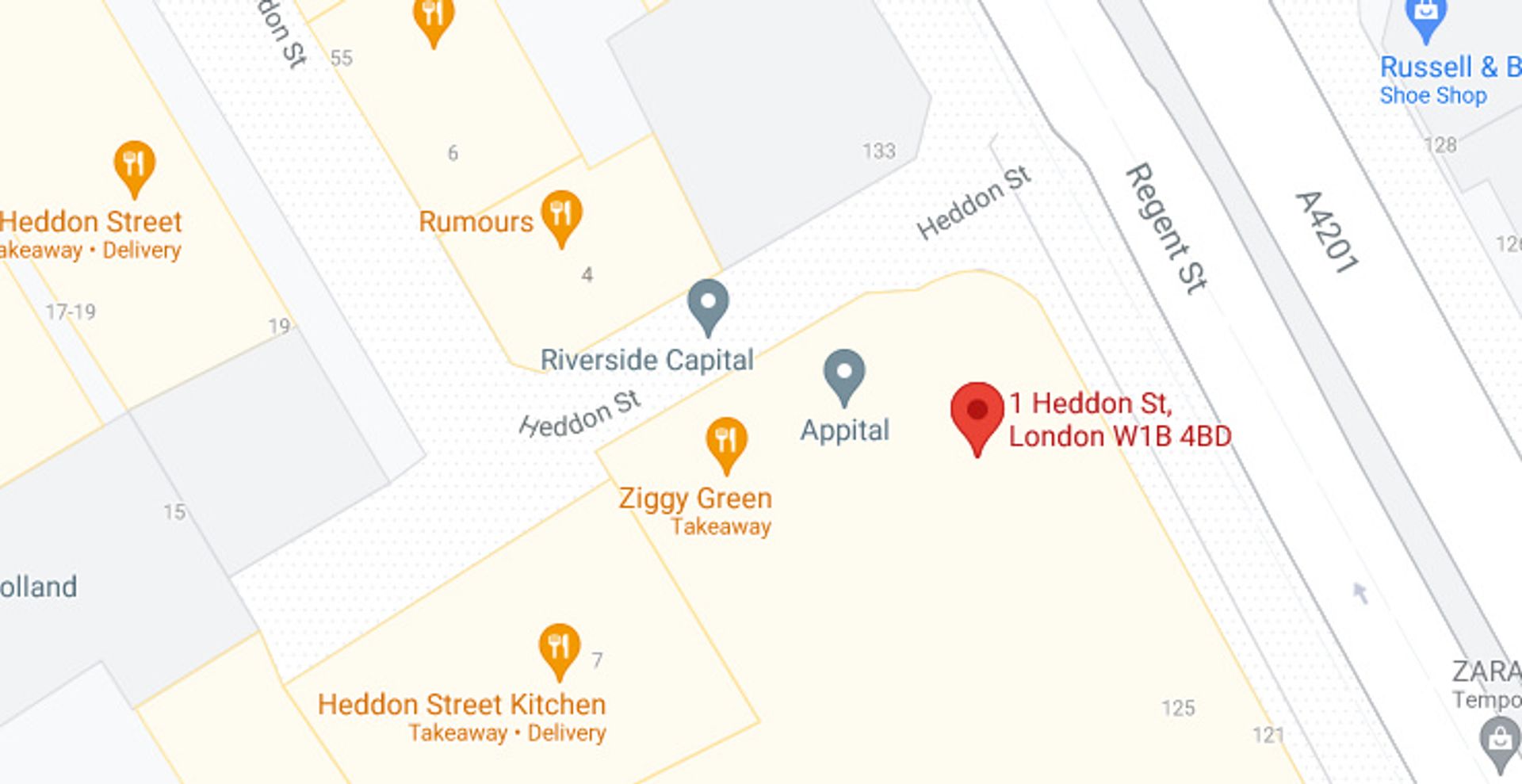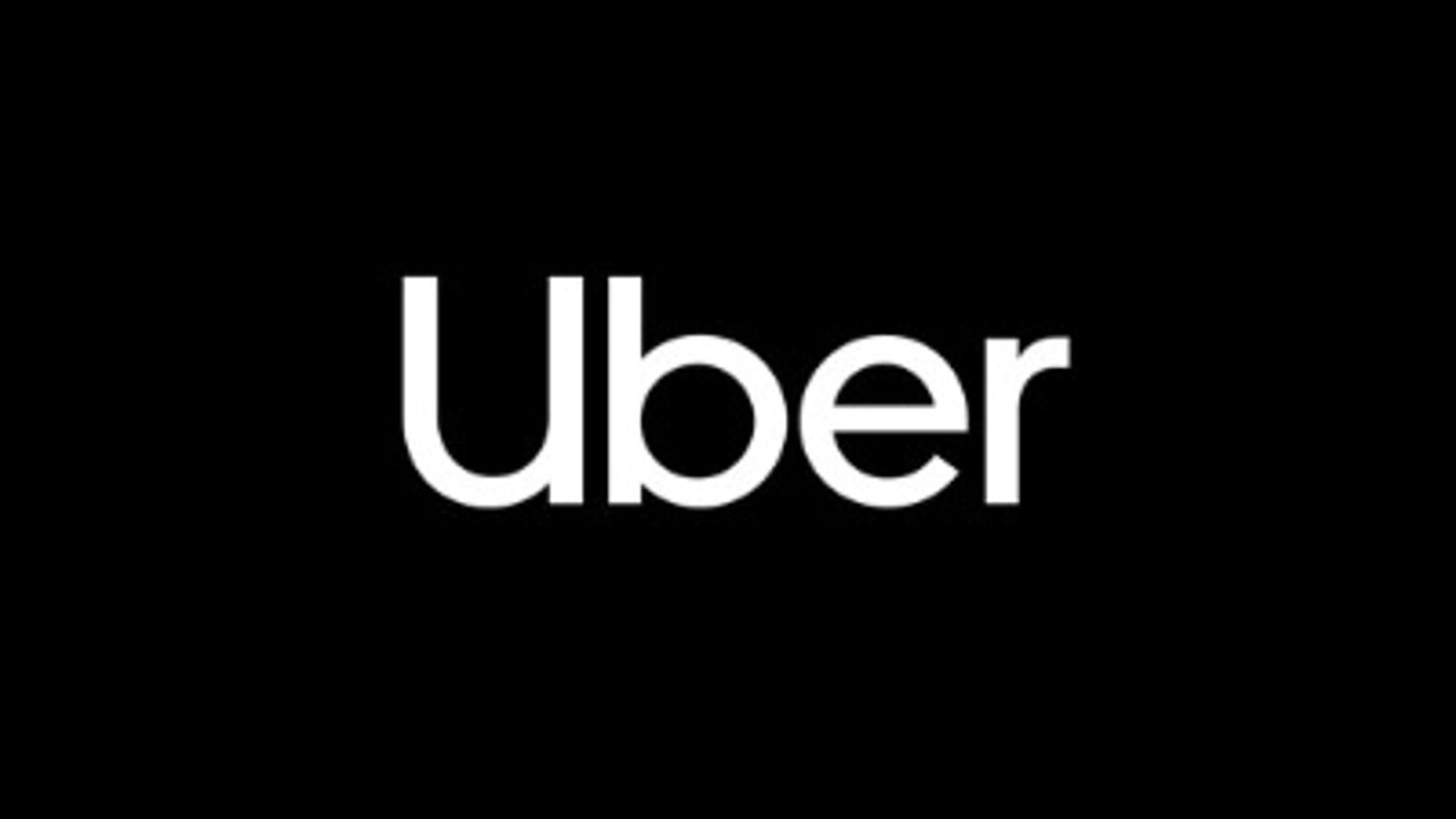Contact
Call: +44 (0) 203 846 5801
Email: enquiries@twelvetabulae.com
1 Heddon Street
Mayfair
W1B 4BD

Twelve Tabulae Updates – Supreme Court Grants Uber Drivers ‘Worker’ Status
In The UK
By Rianna Moth
As market disruptors, Twelve Tabulae recognise the importance of using innovative methods to deliver traditional services in this unique global landscape. The rise of new working models continue to challenge the traditional notions of the legal definition of being a ‘worker’. This legal challenge has brought change by giving the courts increased purview to update this definition and afford rights to those in less traditional roles.
On 19 February 2021, the Supreme Court assessed whether the role of the modern-day Uber driver could fit within the interpretation of the term ‘worker’ under British law. The case of Uber BV and others (Appellants) v Aslam and others (Respondents) [2021] UKSC 5 has provided a newfound departure from the previous understanding of the term ‘worker’.
Case Summary
Unanimously, Lord’s Leggatt, Reed, Hodge, Sales, Hamblen and Lady Arden affirmed the Employment Tribunal’s decision.

The judgment, given by Lord Leggatt, is summarised below.
The appellants ‘Uber BV’, ‘Uber London Ltd’ and ‘Uber Britannia Ltd’ (referred collectively as ‘Uber’) are companies associated with the well-known Uber application, which allows customers to request a private hire service which is given by a driver provided by Uber. The claimants in the Employment Tribunal trial and thus, respondents to this appeal, were a range of current and previous Uber drivers.
The paramount issue for the Supreme Court to consider was whether they agreed with the Employment Tribunal that “for the purposes of the statutory definition, the claimants are to be regarded as working under contracts with Uber London whereby they undertook to perform services for Uber London” [42]. This would automatically render them ‘workers’ under the National Minimum Wage Act 1998, Working Time Regulations Act 1998 and Employment Rights Act 1996.
Uber purported that the claimants were not working under contracts. Based on the decision in Autoclenz Ltd v Belcher [2011] UKSC 41, Uber submitted that since there was “no inconsistency between the written agreements between Uber, drivers and passengers and how that tripartite relationship actually operated in practice” [66], there was no basis for departing from the written agreements when analysing whether drivers worked under contracts.
This argument was rejected by the Supreme Court, who suggested the task for tribunals and courts in assessing whether people worked under contracts was one of statutory interpretation, rather than contractual interpretation [69].
Following this analogy, the court assessed the status of the claimants, based on the facts of the case, the intention of the statutes and the importance of subordination and dependence in the working relationship [87].
The Supreme Court found the drivers to be working under contracts for Uber and thus, their role fell within the statutory interpretation of ‘workers’ because:
- The remuneration paid to drivers for the work they do is fixed by Uber and the drivers have no say in it [94].
- The contractual terms on which drivers perform their services are dictated by Uber [95].
- While drivers have the freedom to choose when and where to work, once a driver has logged onto the Uber app, a driver’s choice about whether to accept requests for rides is constrained by Uber in two ways:
- Uber limits the passenger’s information and destination until the passenger is picked up [96].
- Uber monitors the driver’s rate of acceptance and can lock a driver out of the app for 10 minutes [97].
- Uber exercises a significant degree of control over how drivers deliver their services, for example by dictating the type of cars used and having complete control over the technology through which the service is provided. [98]. According to Lord Leggatt, this control demonstrates the classic form of subordination present in employment relationships [99].
- Uber restricts communication between passenger and driver to the minimum necessary to perform the particular trip and takes active steps to prevent drivers from continuing relationships with passengers beyond their journey [100].
Lord Leggatt then continued his analysis by making a direct comparison between Uber’s operation and relationship with drivers, and those operating as booking agents and minicab drivers [103-118]. The court decided these situations could not be regarded as the same as those of Uber and their drivers.
The Supreme Court concluded by agreeing with the Court of Appeal and found that, while some points of the Employment Tribunal were open to criticism, the ultimate decision was justified [120]. Thus, it was correct “that, by logging onto the Uber app in London, a claimant driver came within the definition of a ‘worker’ by entering into a contract with Uber London” [130].
Finally, Lord Leggatt found that for the purposes of the Working Times and National Minimum Wage Regulations, the Employment Tribunal’s conclusions were also acceptable, rendering Uber drivers’ operations as suitable for these statutory protections.
Commentary
This landmark employment case provides an interesting move away from the previous meaning of ‘worker’. The court has taken a new malleable approach to the term, which in the past has been rejected as not applying to less conventional working roles.
From a business perspective, this case has implications. This ruling not only allows the 35 drivers involved in the case the right to compensation but also opens the floodgates of around one thousand court cases that were held in abeyance of the ruling.
The level of inbound litigation could prove incredibly costly for Uber. Twelve Tabulae’s founding lawyer Simon Caltagirone comments that:
“This begs the question of how Uber’s business model, as well as those of other tech-based gig economy models, will survive the inevitable onslaught of class-based lawsuits. The litigation alone may make these models, dependant on nominal profit margins at high volume, no longer feasible. We can expect creative refinements to such models in an attempt to restrict the vulnerability to such litigation in future.”
With ‘worker’ status, Uber drivers are now entitled to employee protections, including Statutory Paid Leave and
the National Minimum Wage.
Additionally, Uber is required to set up a pension scheme. These statutory formalities will no doubt increase Uber’s costs and impact profitability. Uber may delegate these incurred costs onto drivers by taking an increased share from their earnings and through customers via increased fares, casting doubt on the appeal of Uber as both a workplace and transport provider. Coupled with a surge in ‘job by demand’ working due to the pandemic, we can expect a positive change for ‘gig economy’ workers more generally as they begin to fall within the legal definition of ‘worker’.

The wider employment implications of this case are certainly volatile. Since 2017, there has been a large consensus for greater employment protections for ‘gig economy workers’ (as defined in the Taylor Review Report). Now in 2021, the Uber judgment provides a newfound definition for the role of millions of gig economy workers, operating for companies such as Addison Lee and Deliveroo.
Though not providing certainty to their ‘worker’ status, many of those who are employed on a flexible ‘job by demand’ basis can now use the Uber judgment as a precedent for their claims. Undoubtedly this change will not come immediately. Nevertheless, given the actual and perceived importance of corporate social responsibility, there could be some significant protections afforded by gig economy companies before these cases even conclude.
Regardless of the commercial context, this case is a historical moment for the Supreme Court, which, for the first time, have provided a landmark Employment Law decision in the absence of any formal influence from European Union Directives or the Court of Justice.
Nevertheless, the Supreme Court still showed some reliance on the Court of Justice of European Union case law, referencing Allonby v Accrington and Rossendale College (Case C-256/01) [2004] in Paragraph 72. With more decisions to come, it will be interesting to see if there is a true divergence from European influence within English and Welsh employment law. Rianna Moth
Legal Assistant